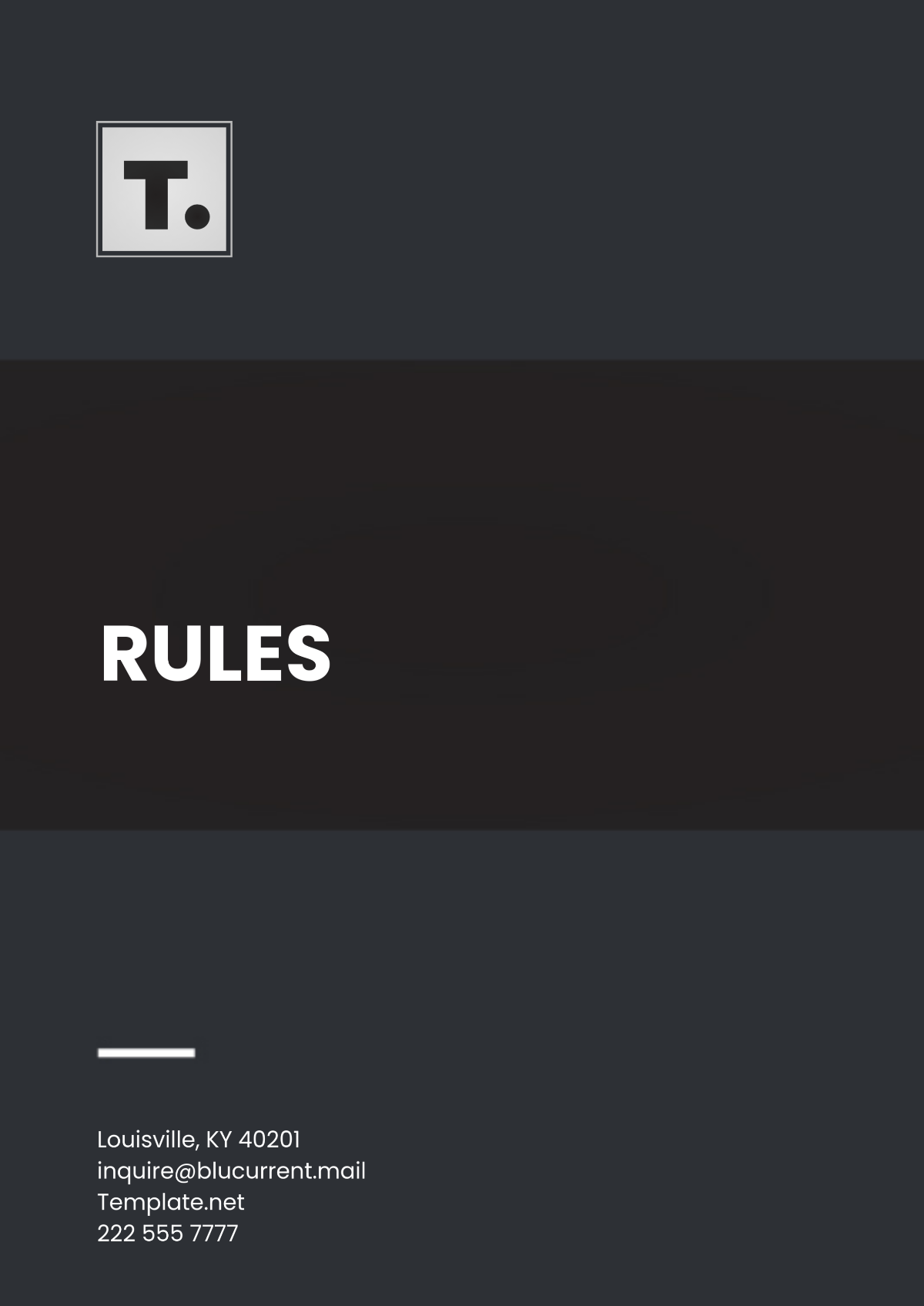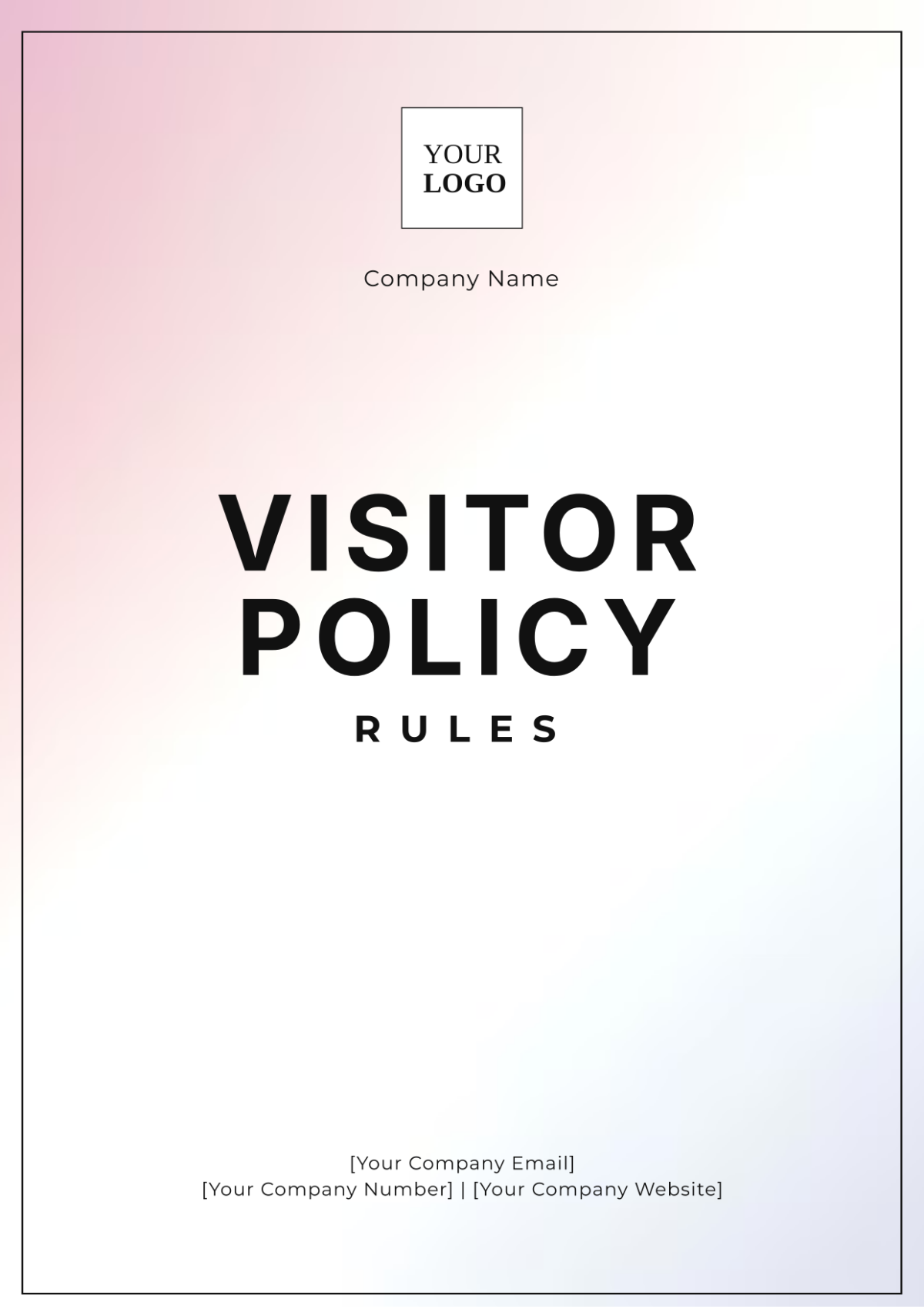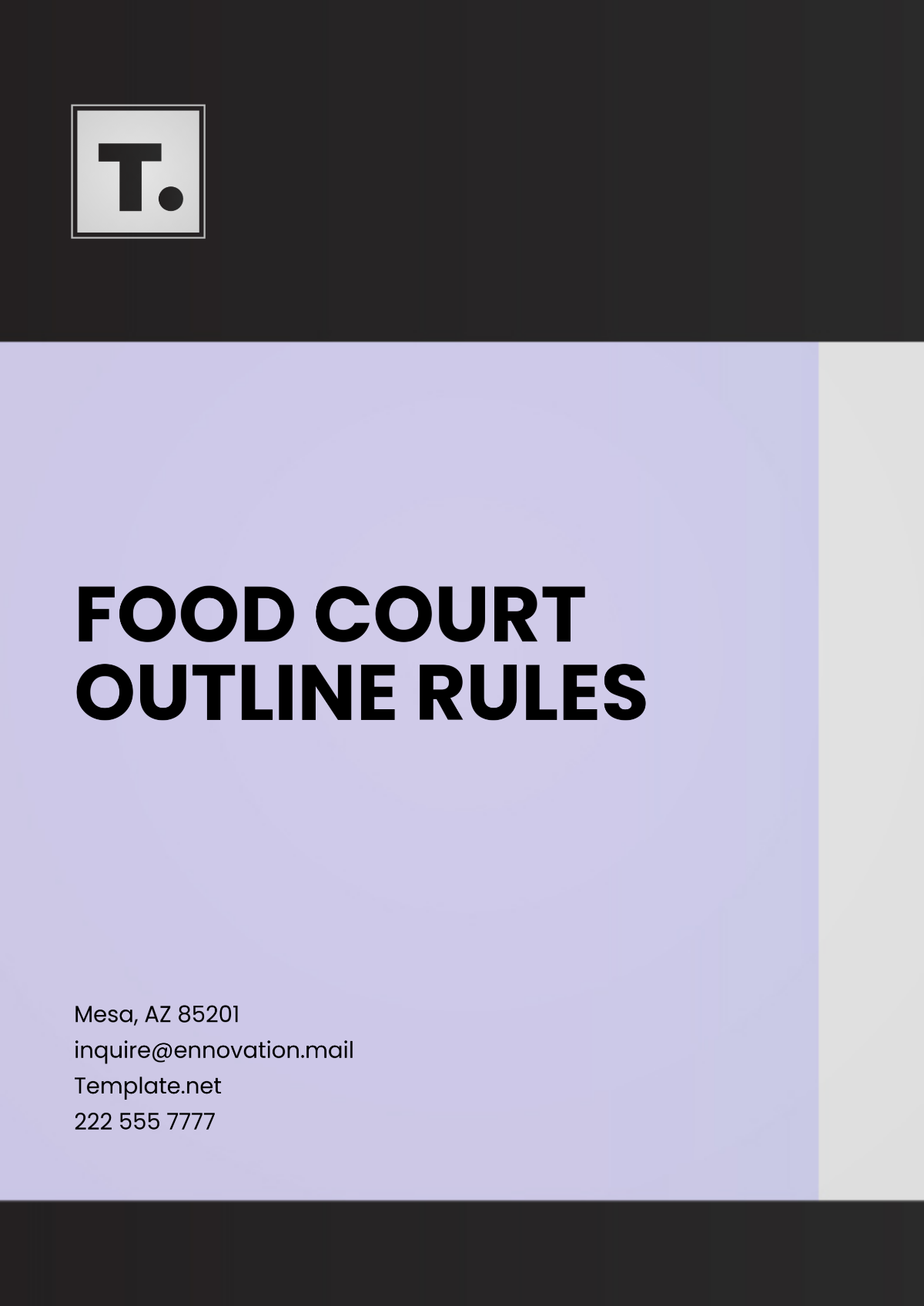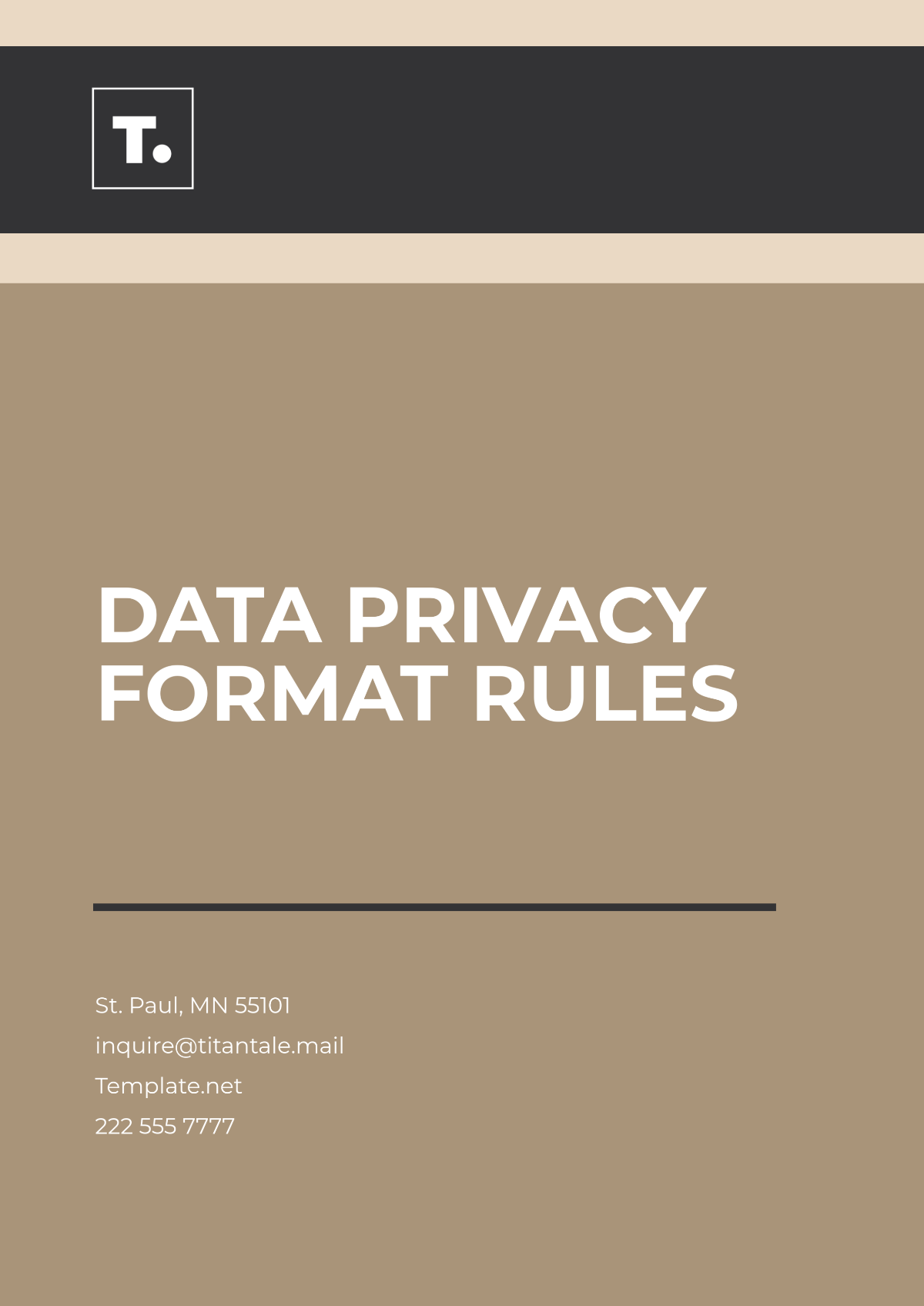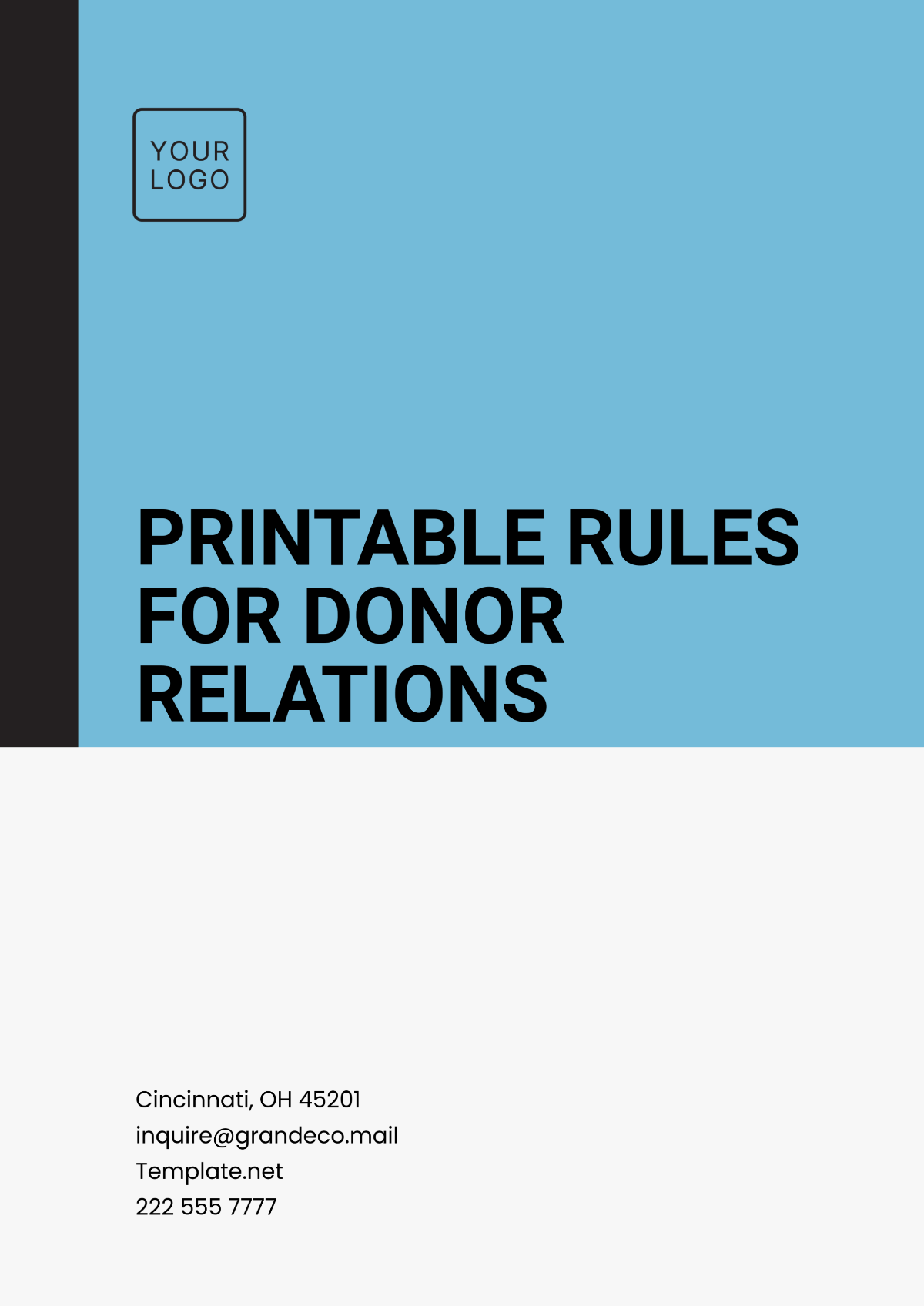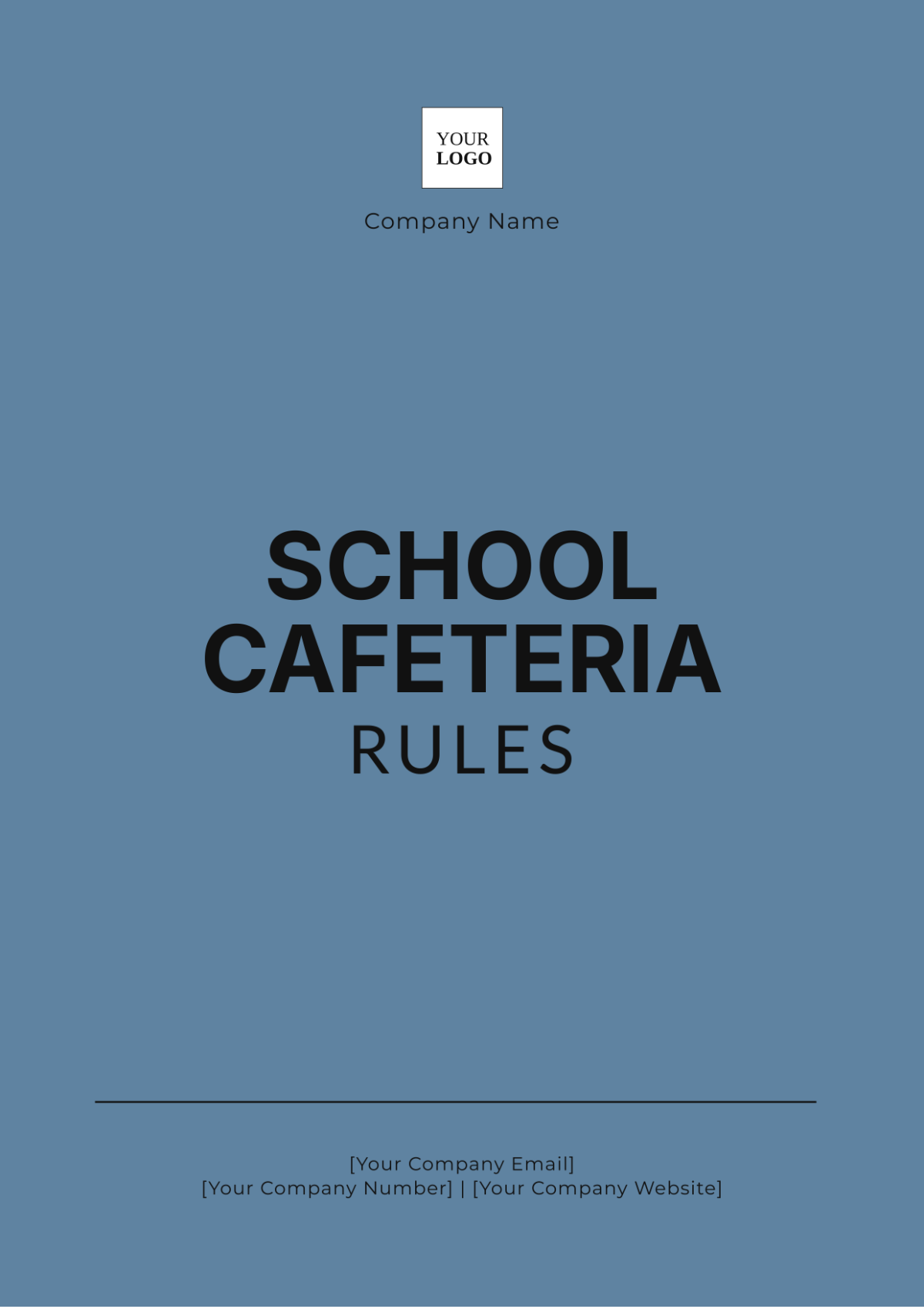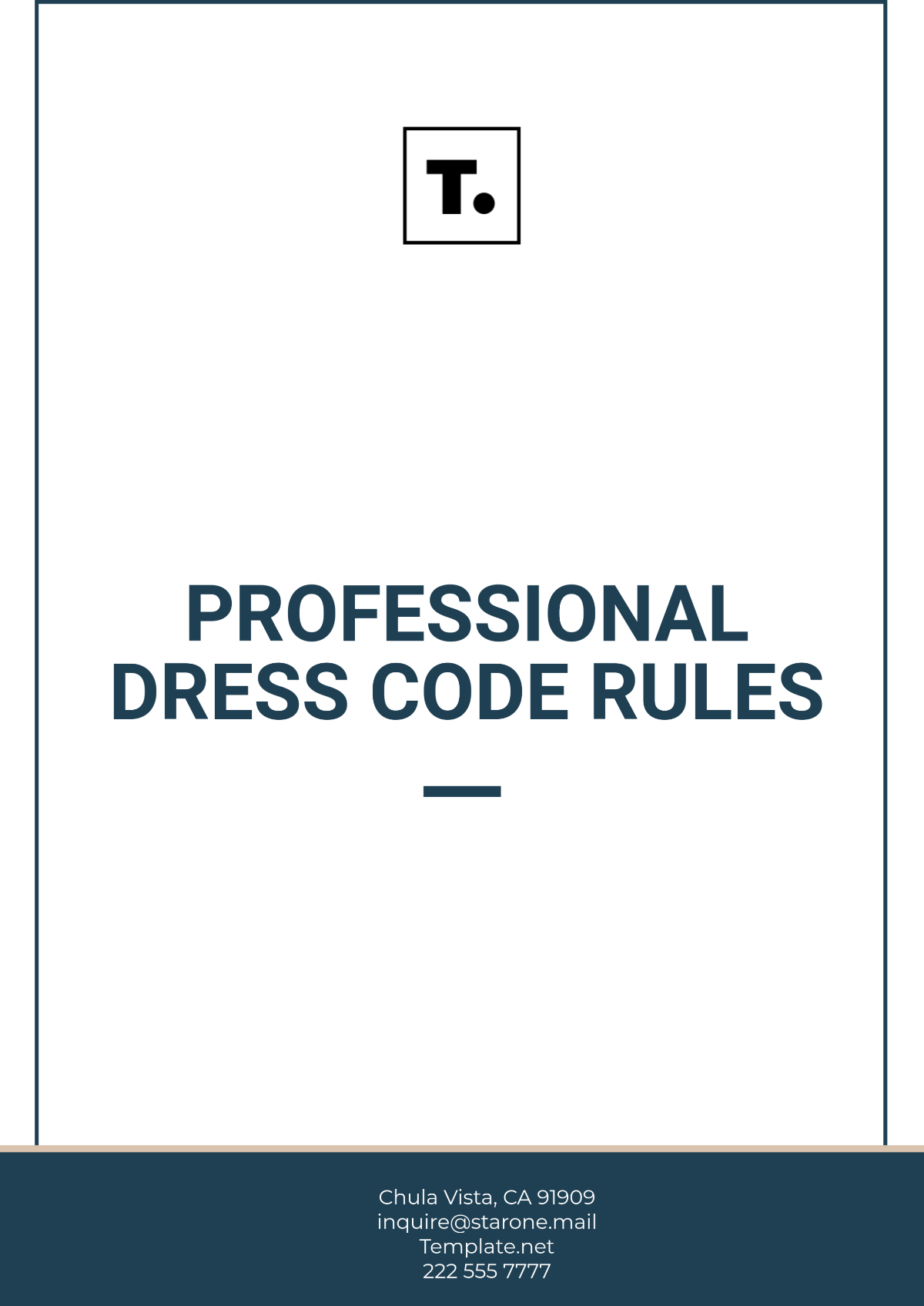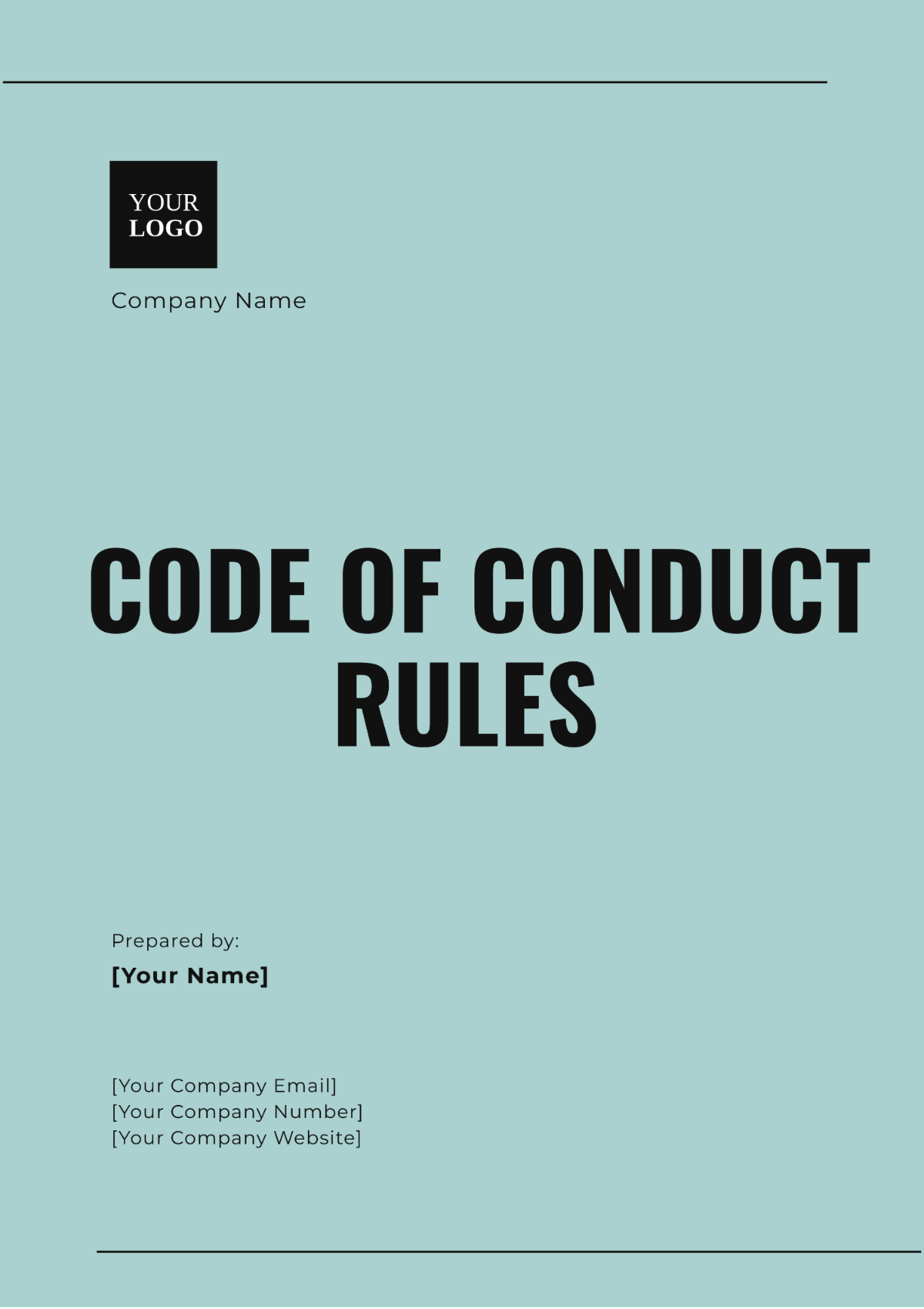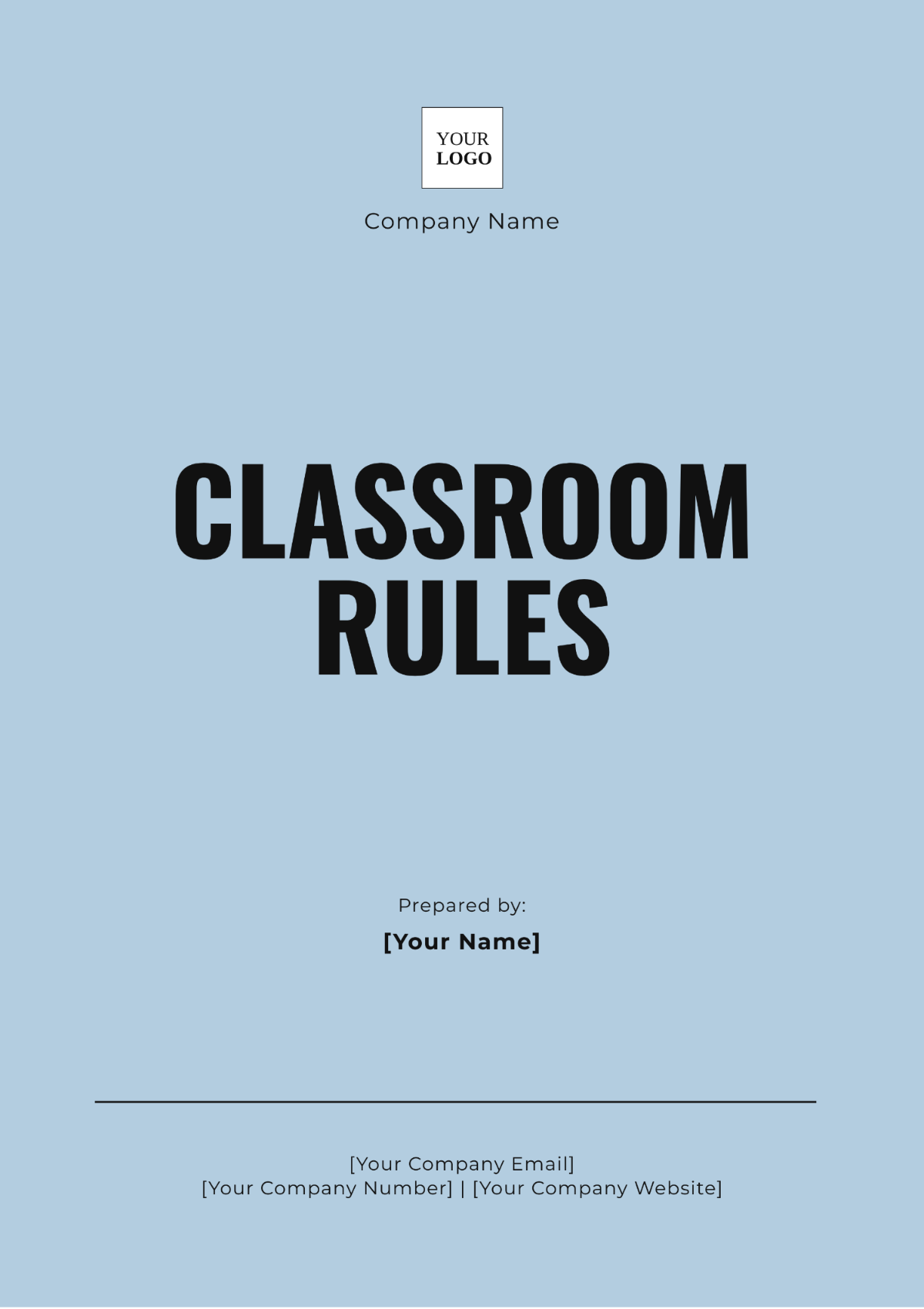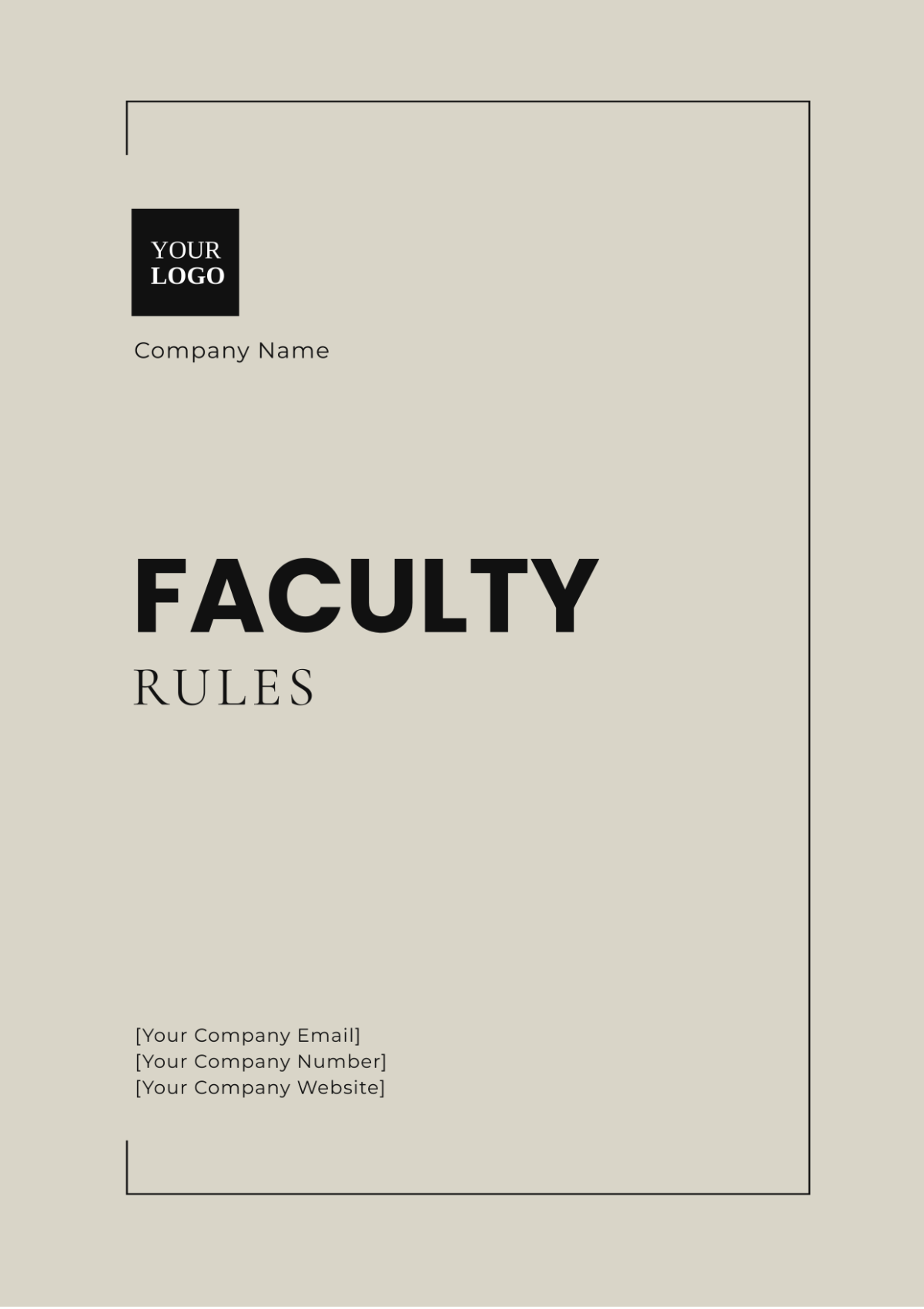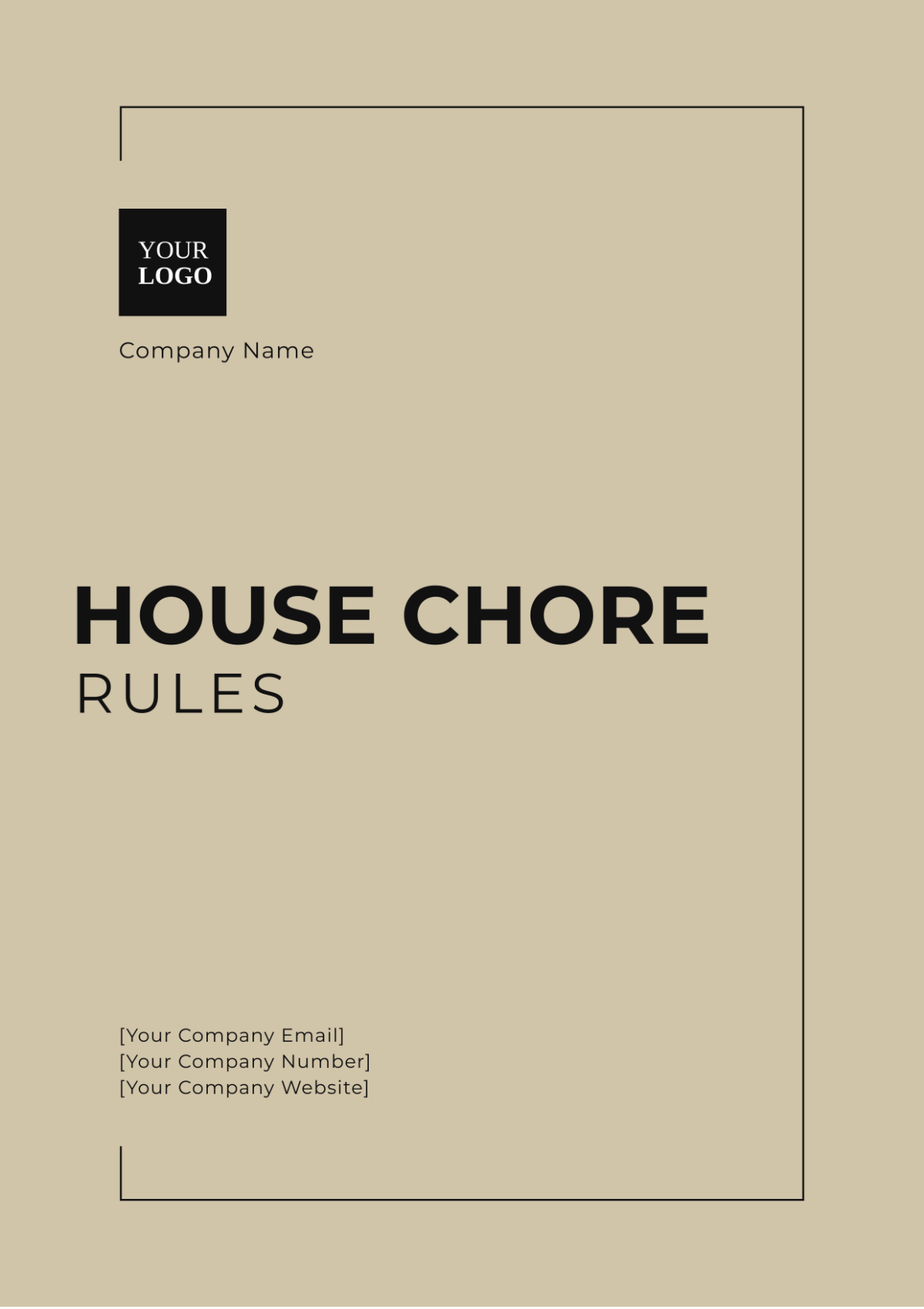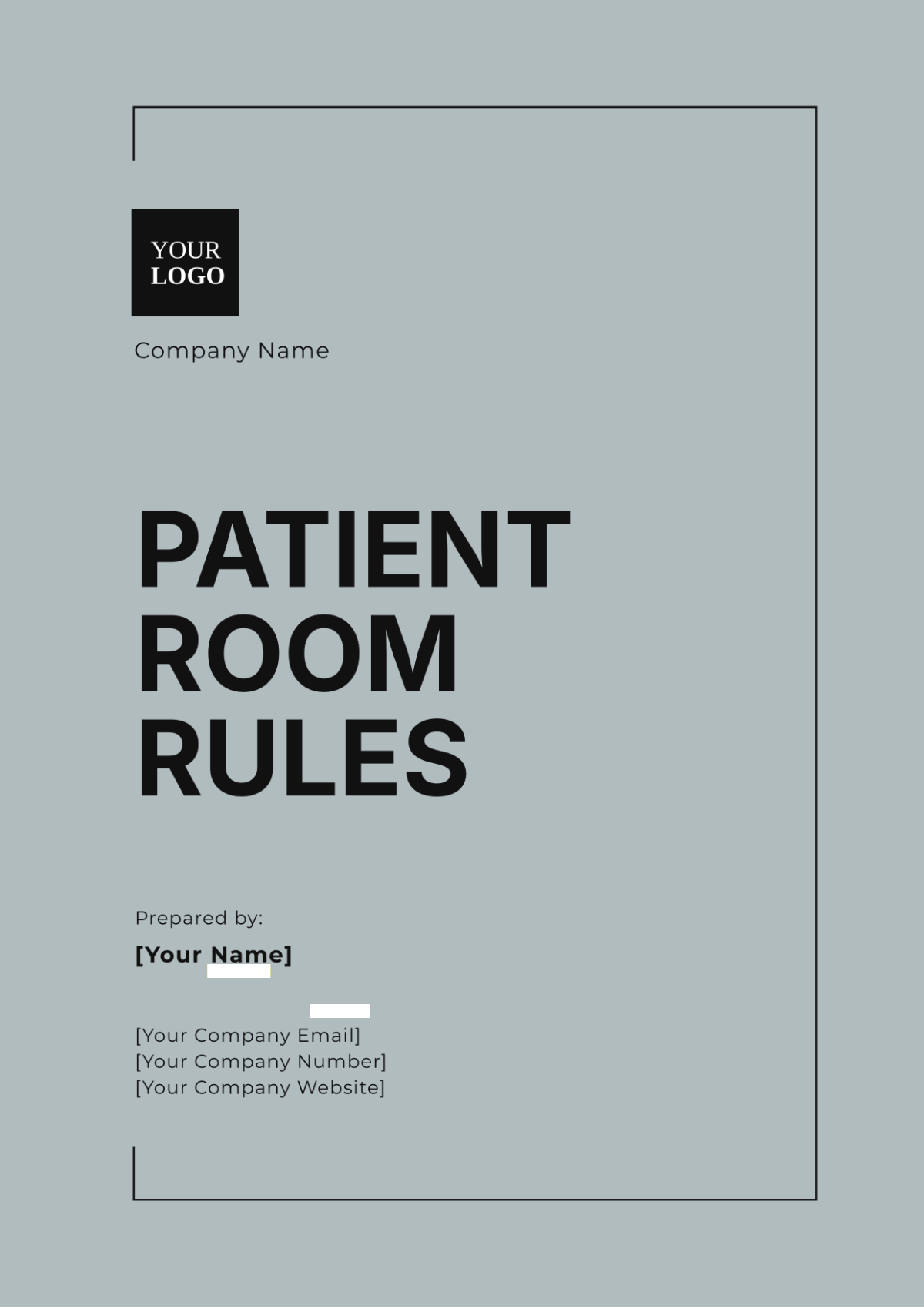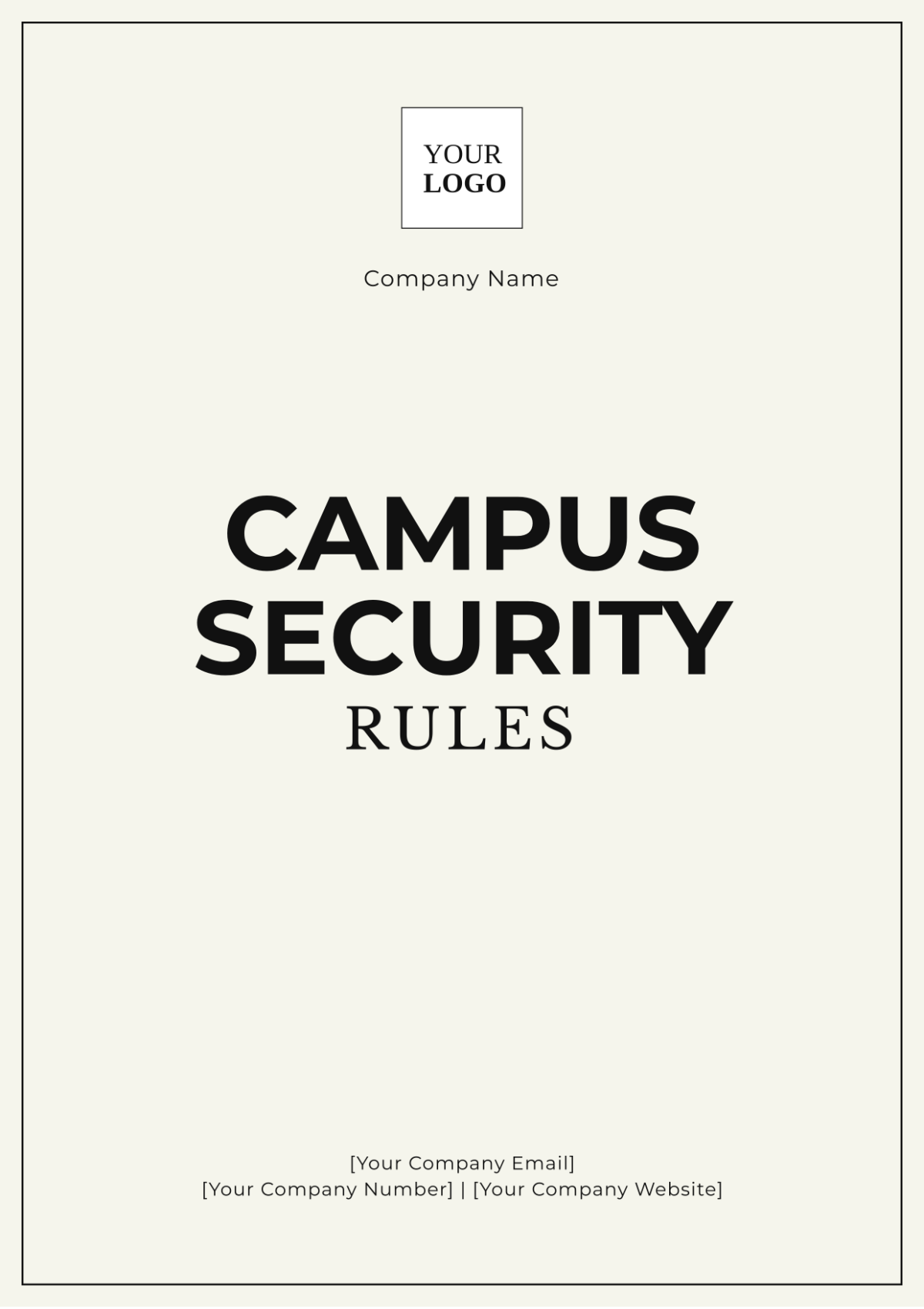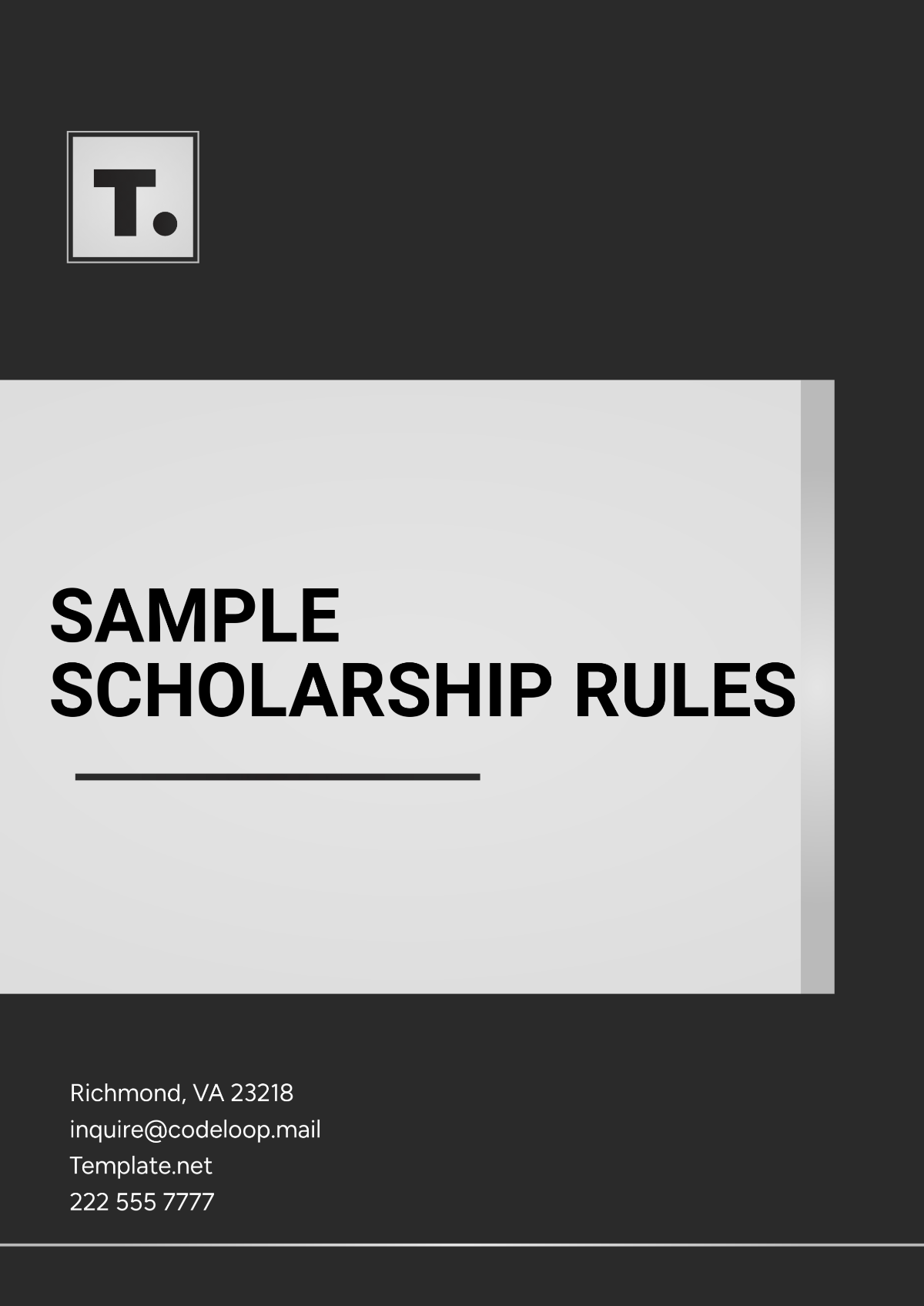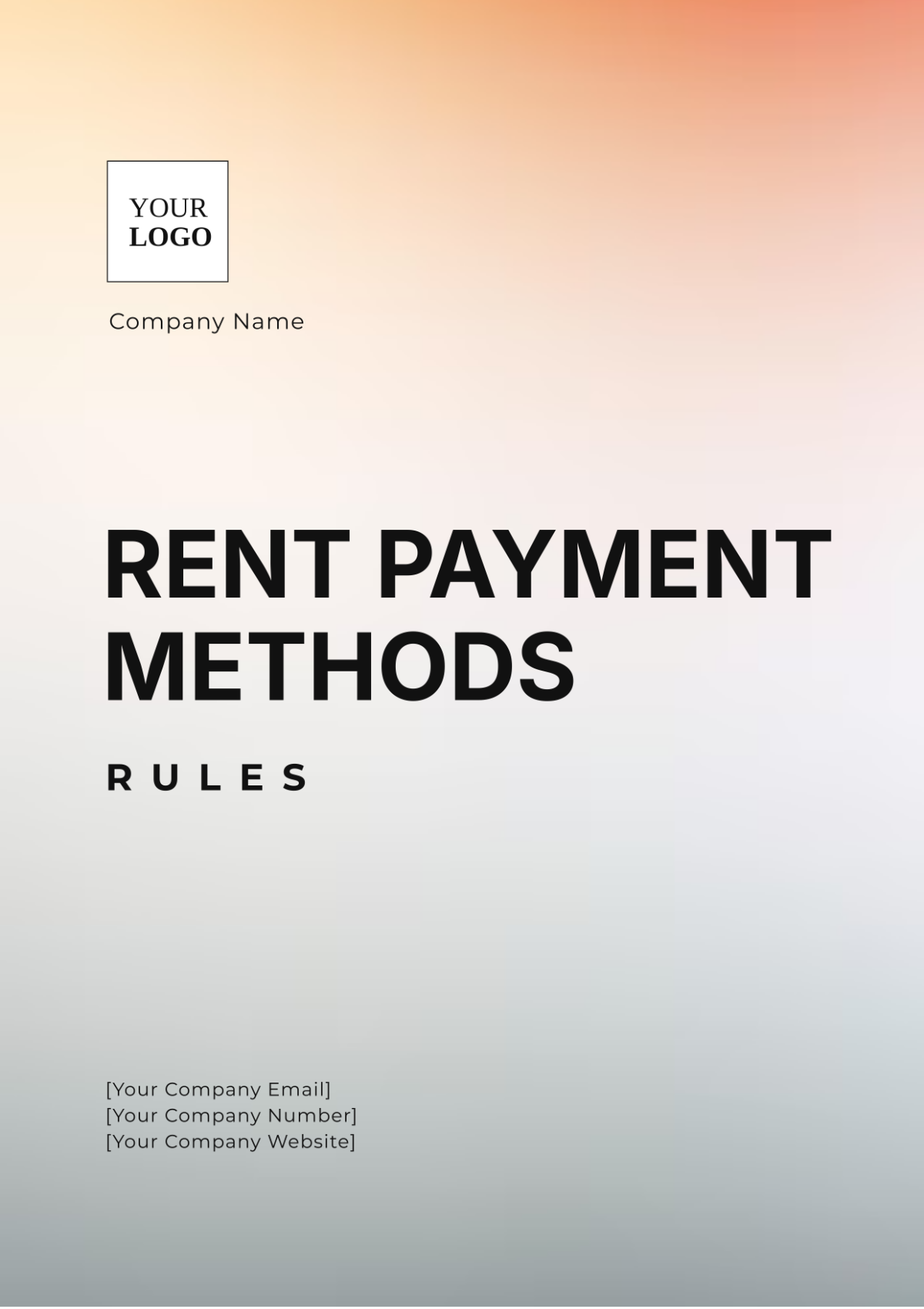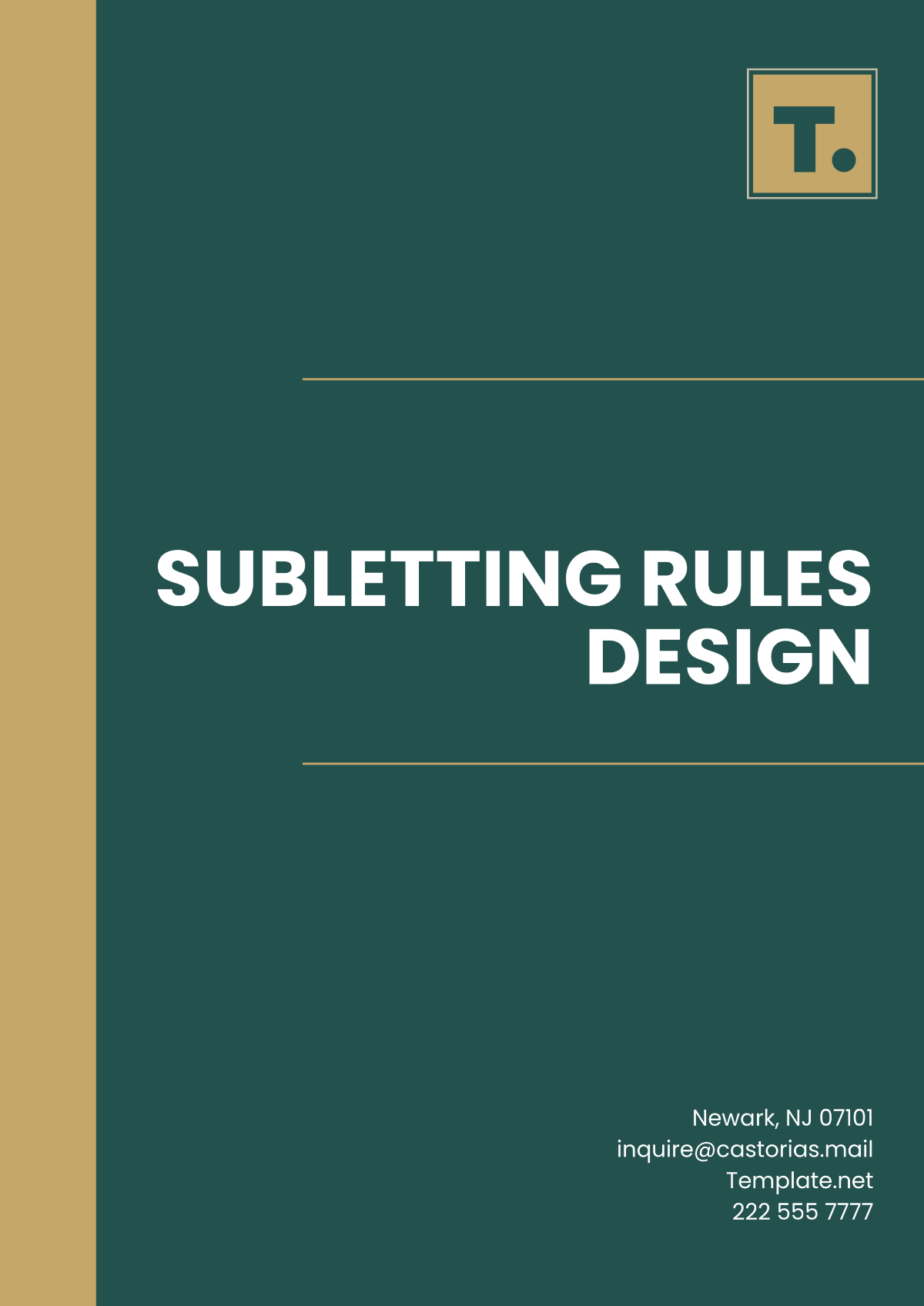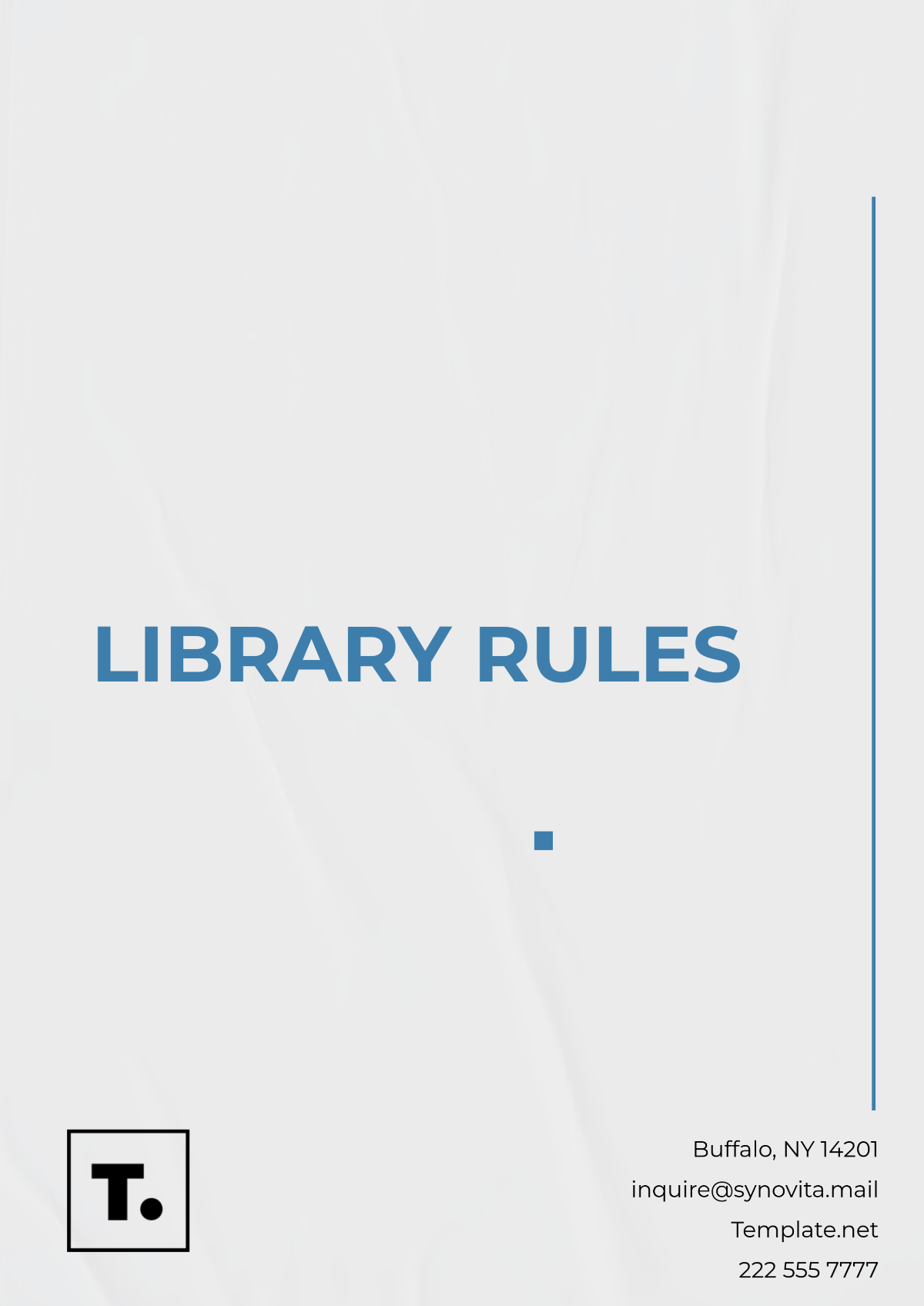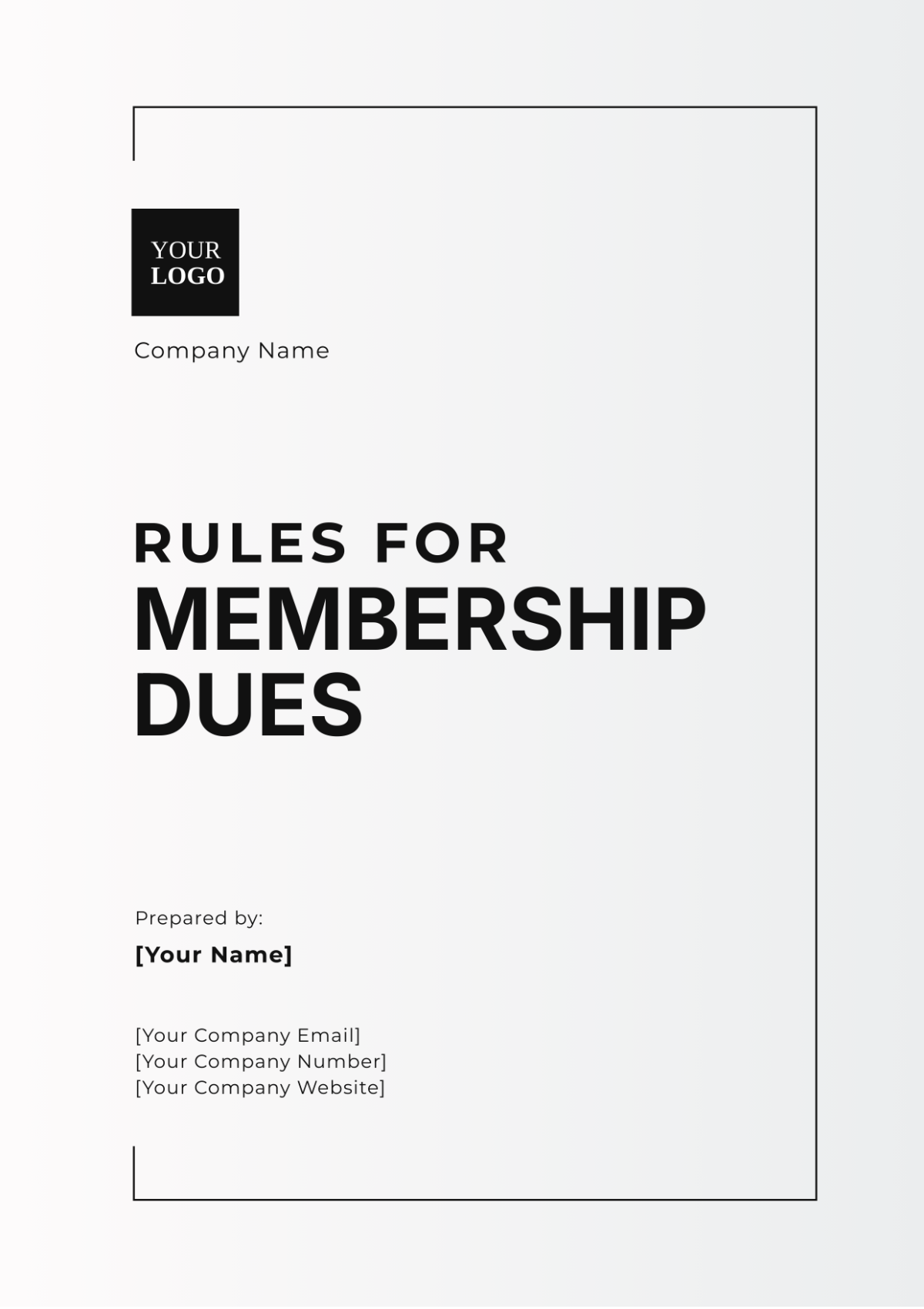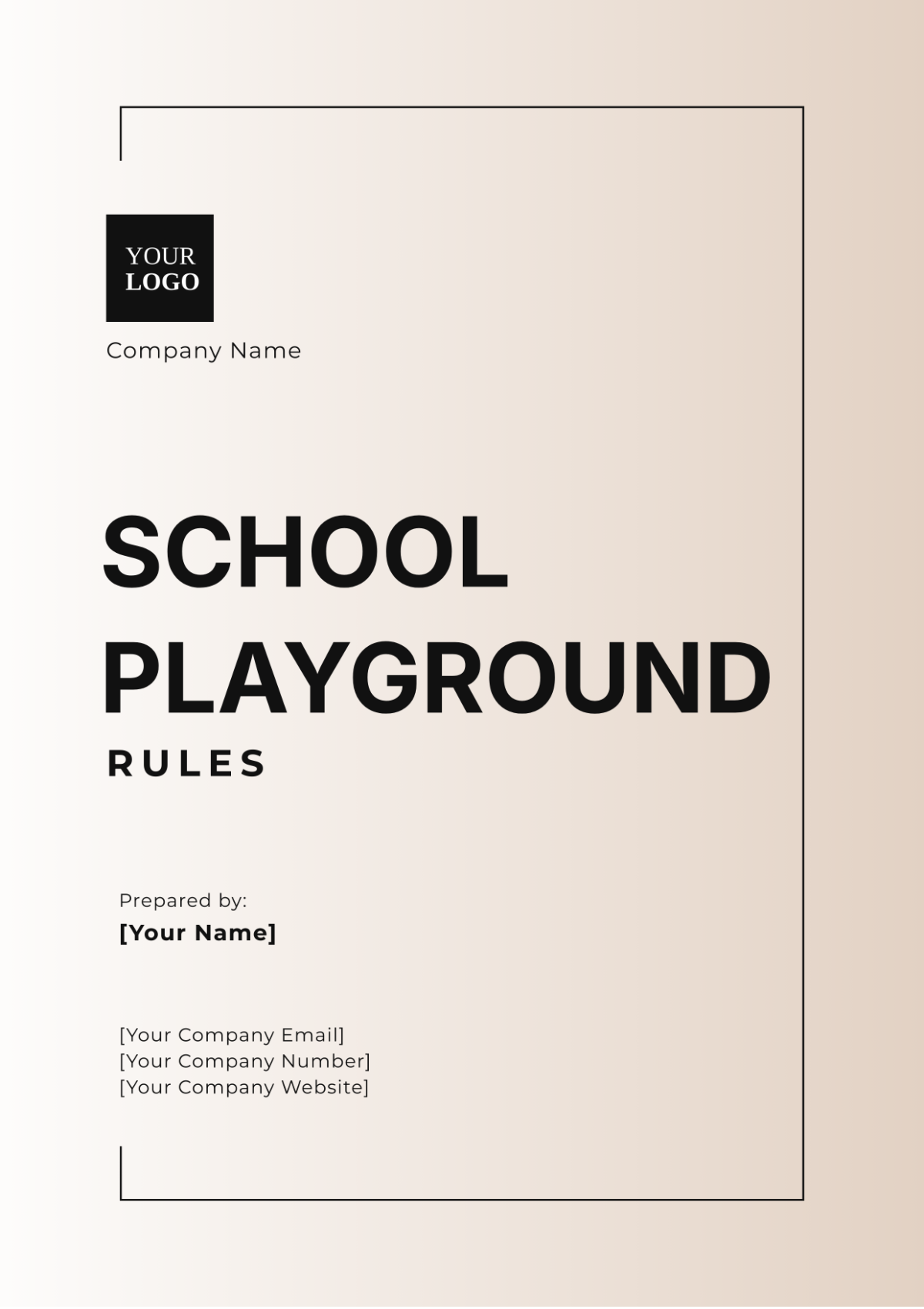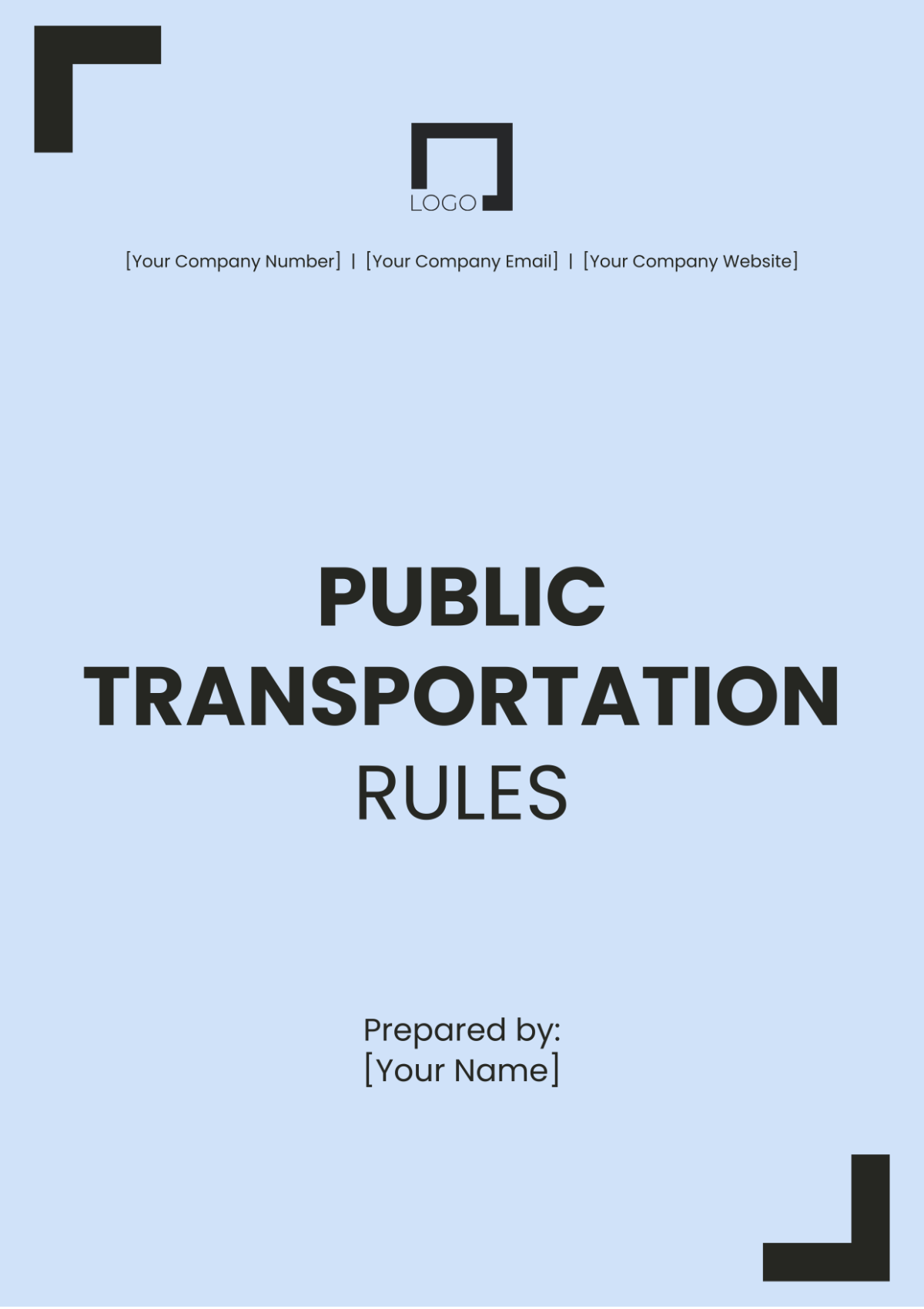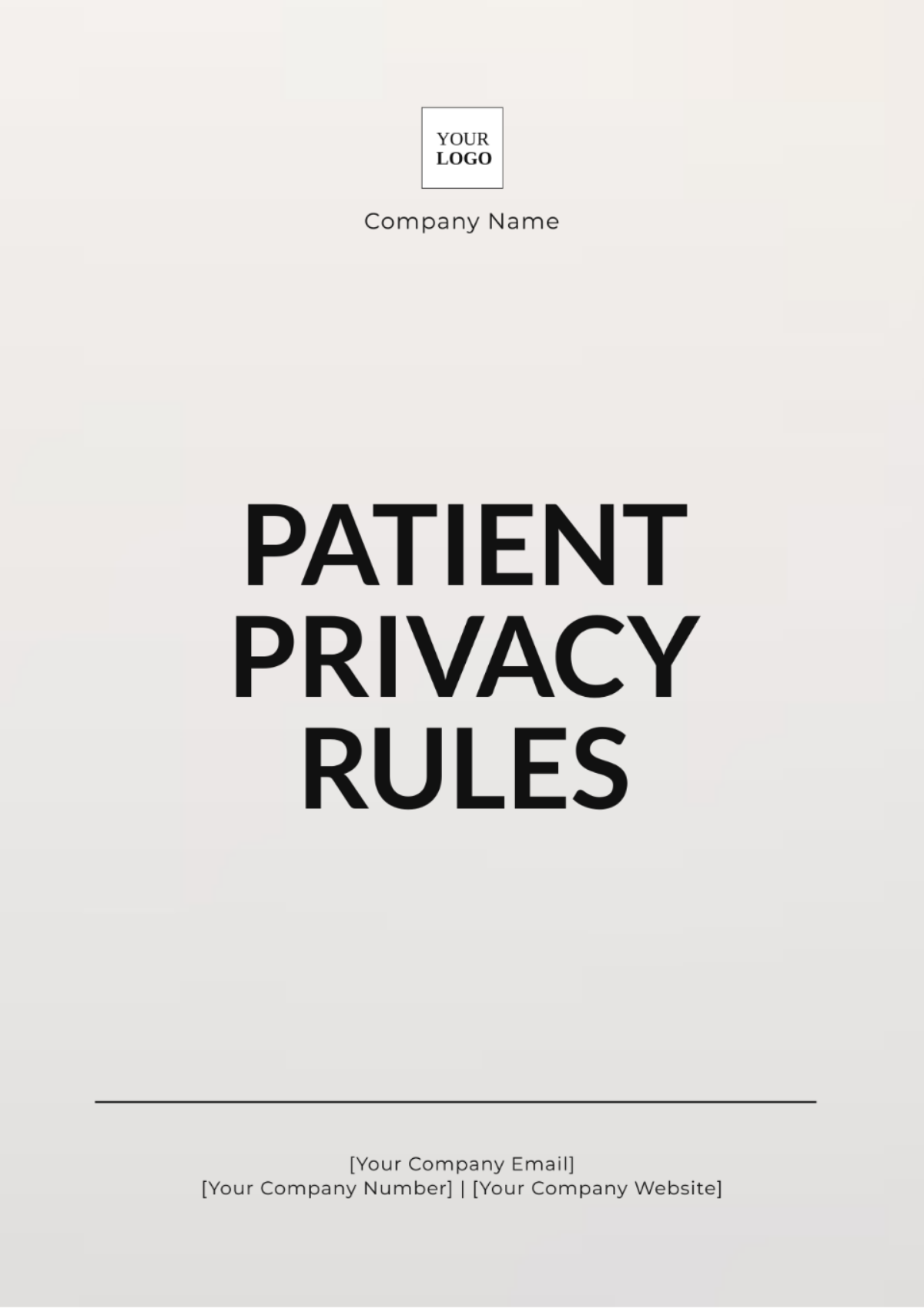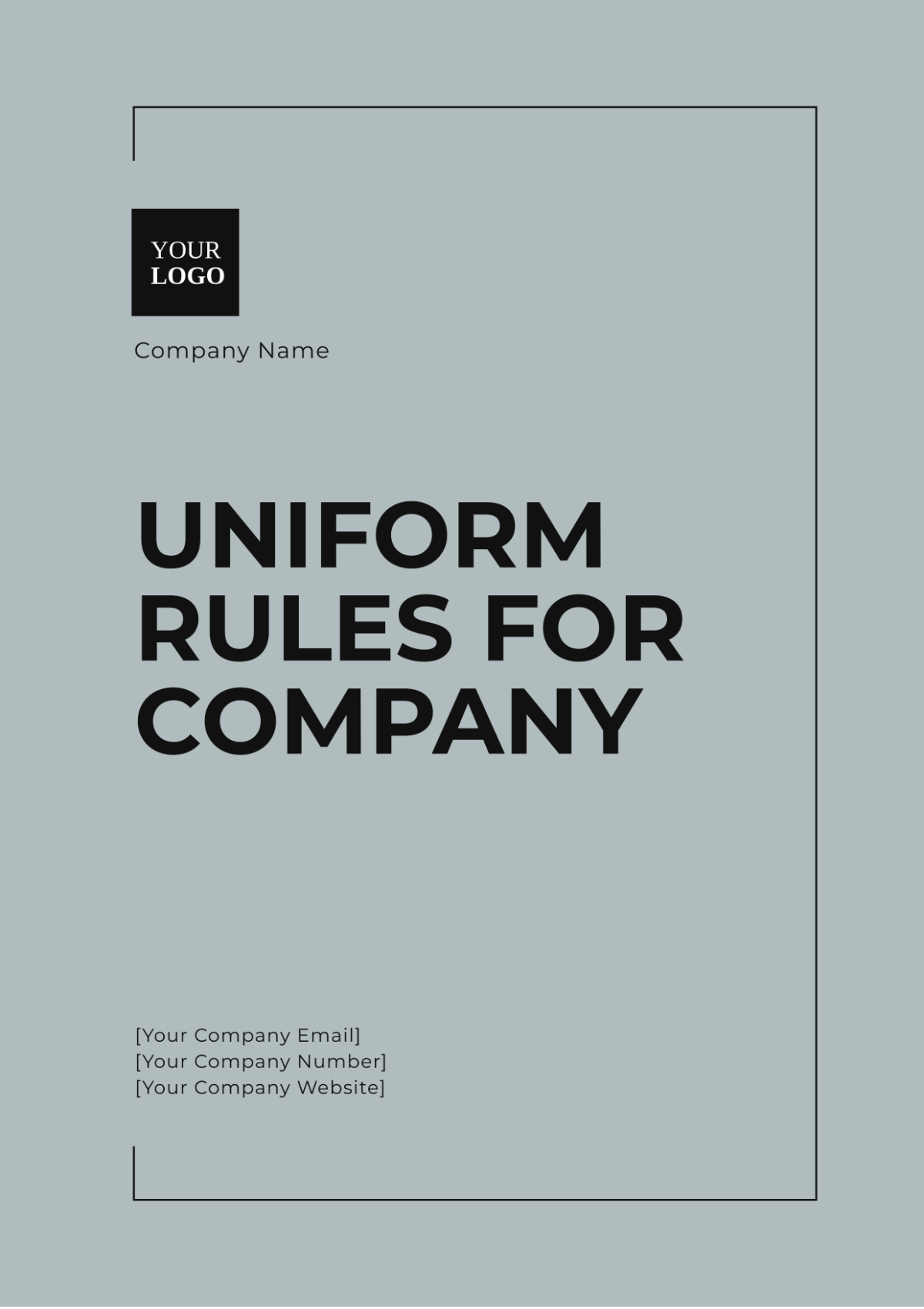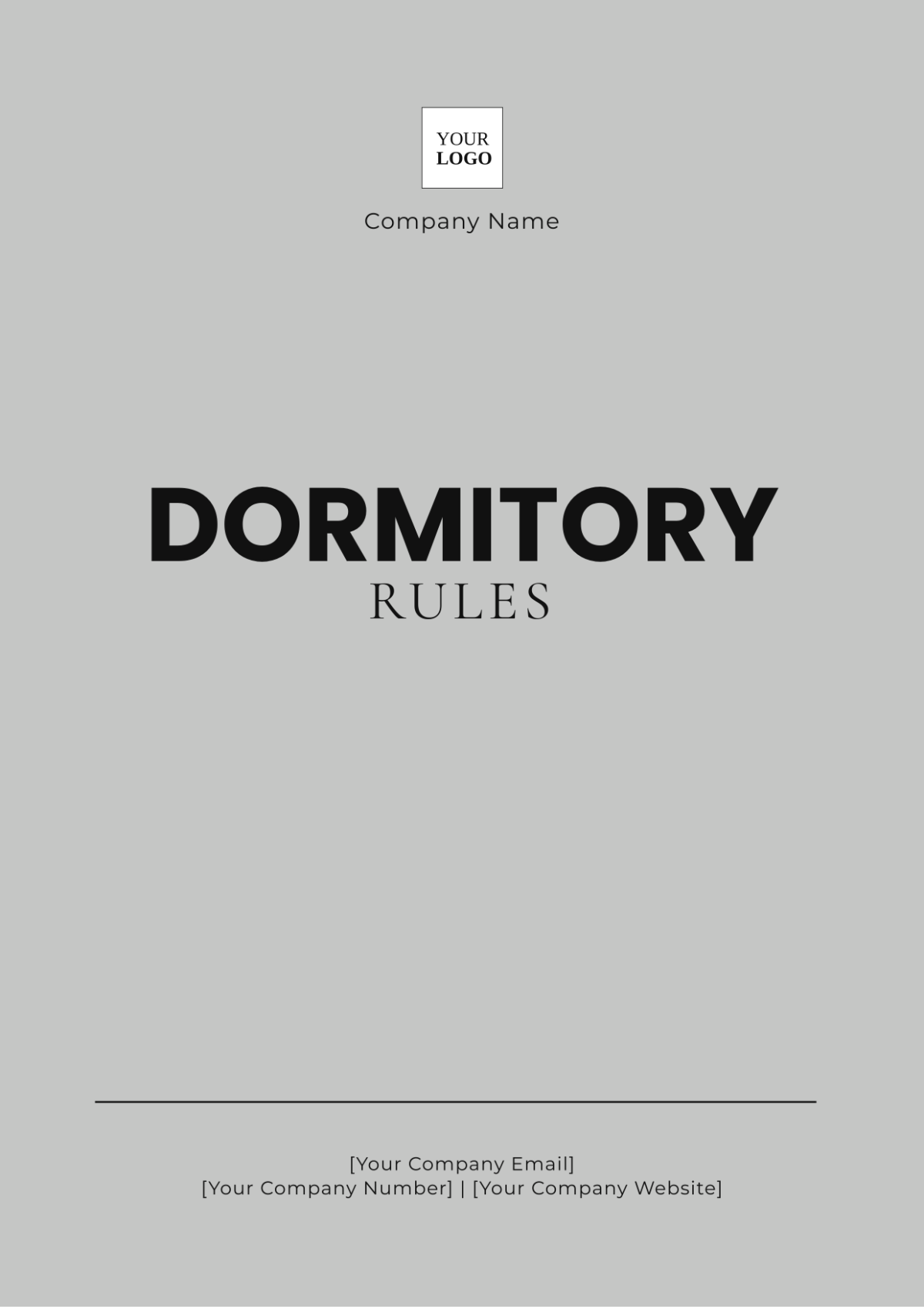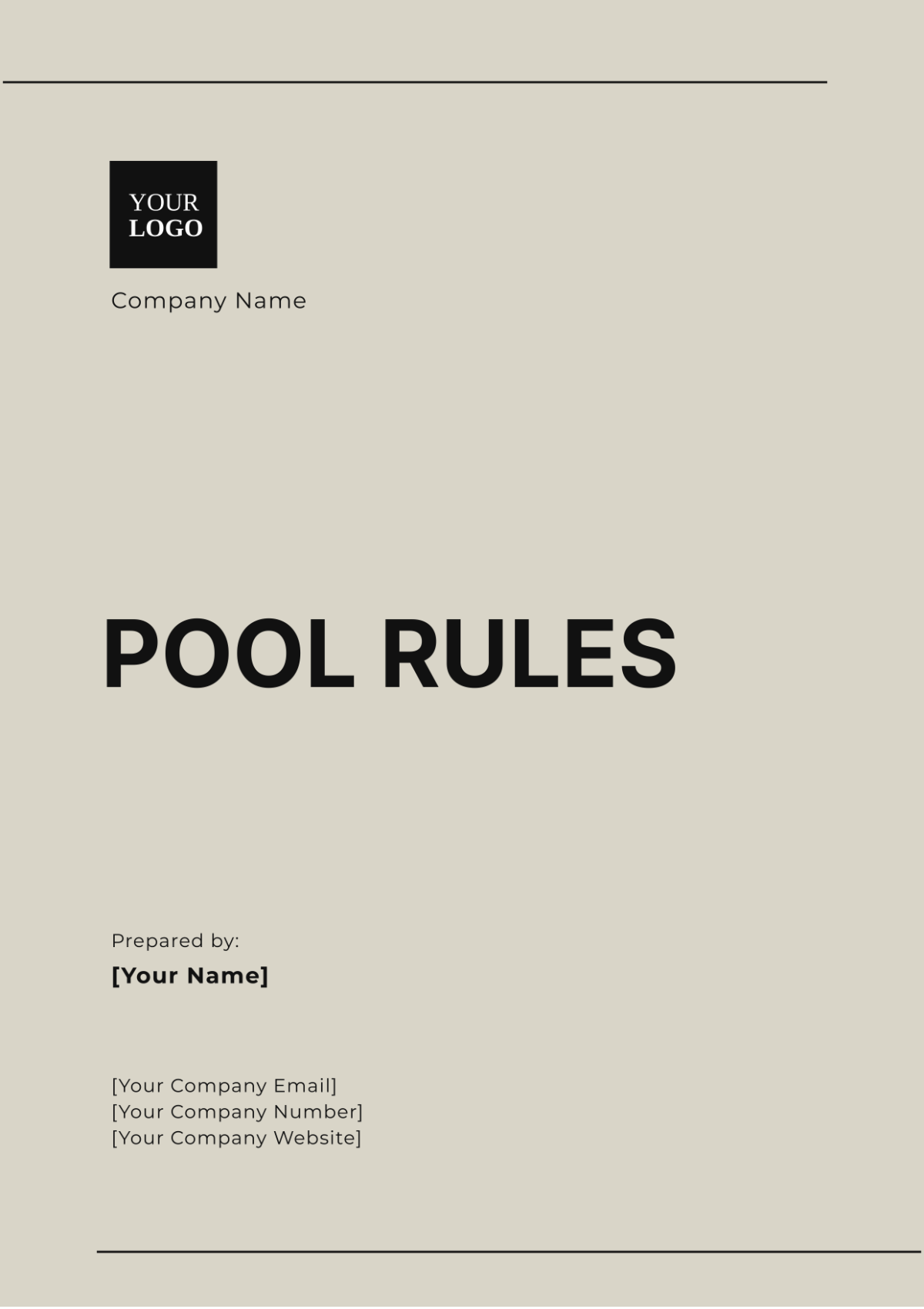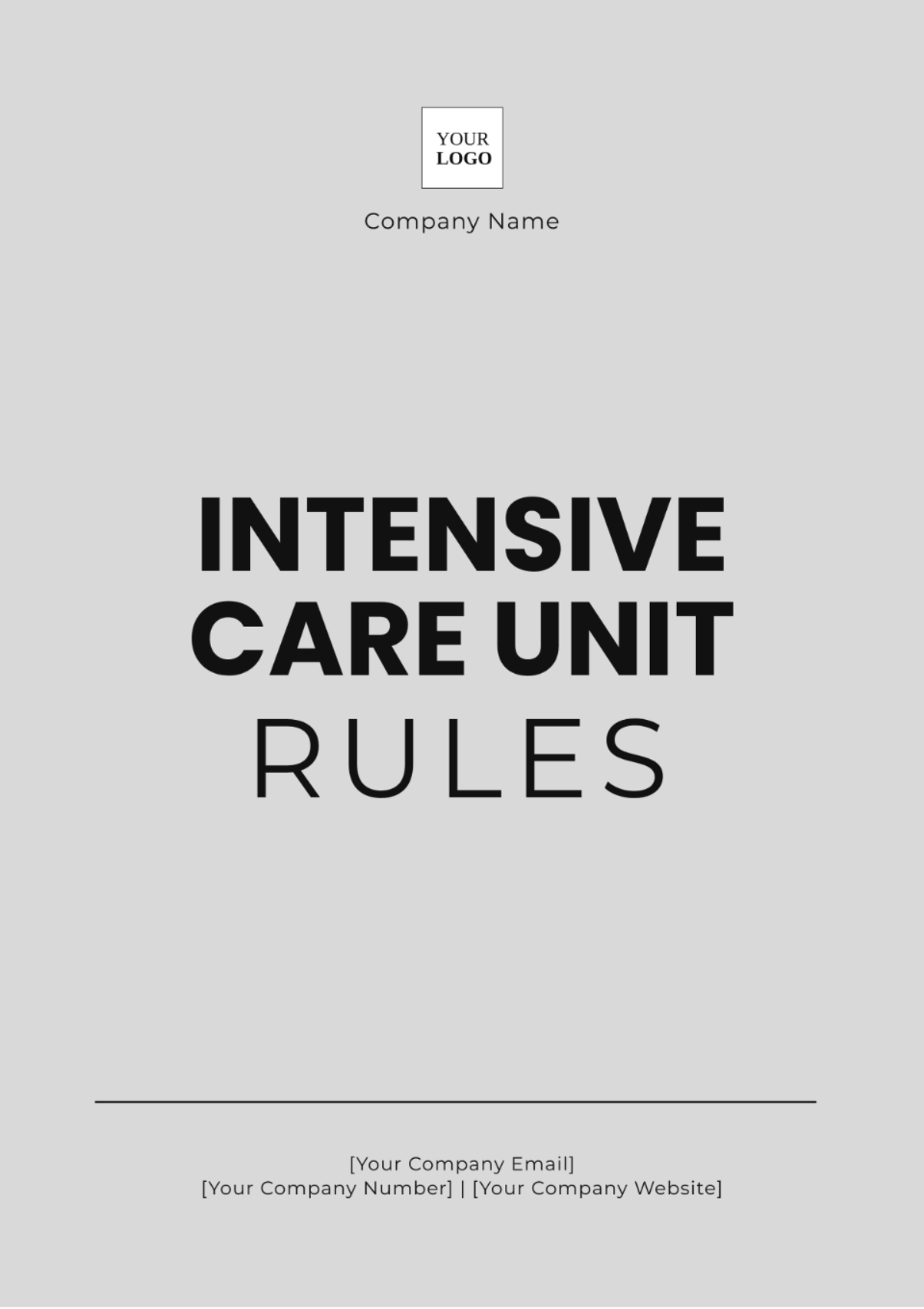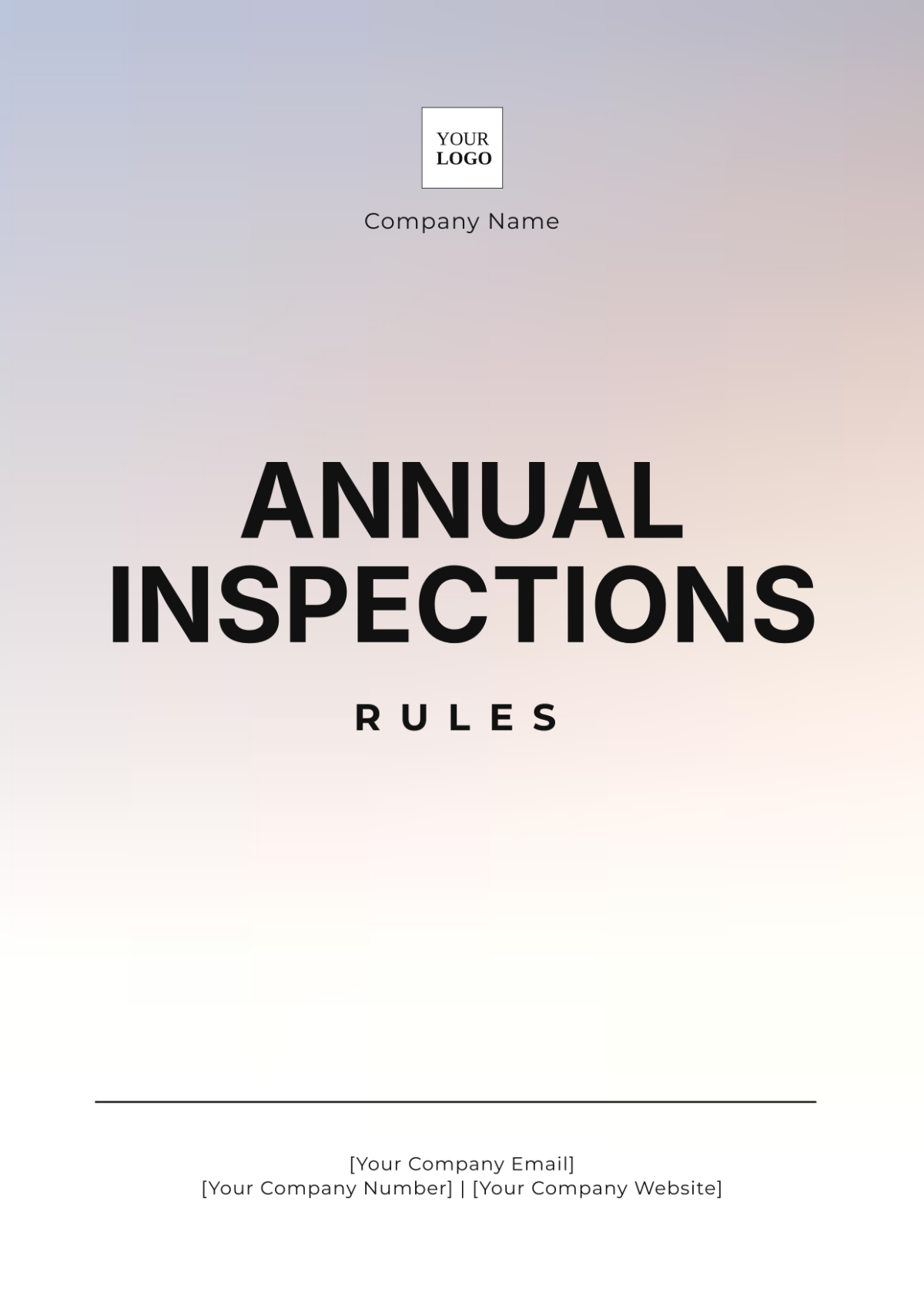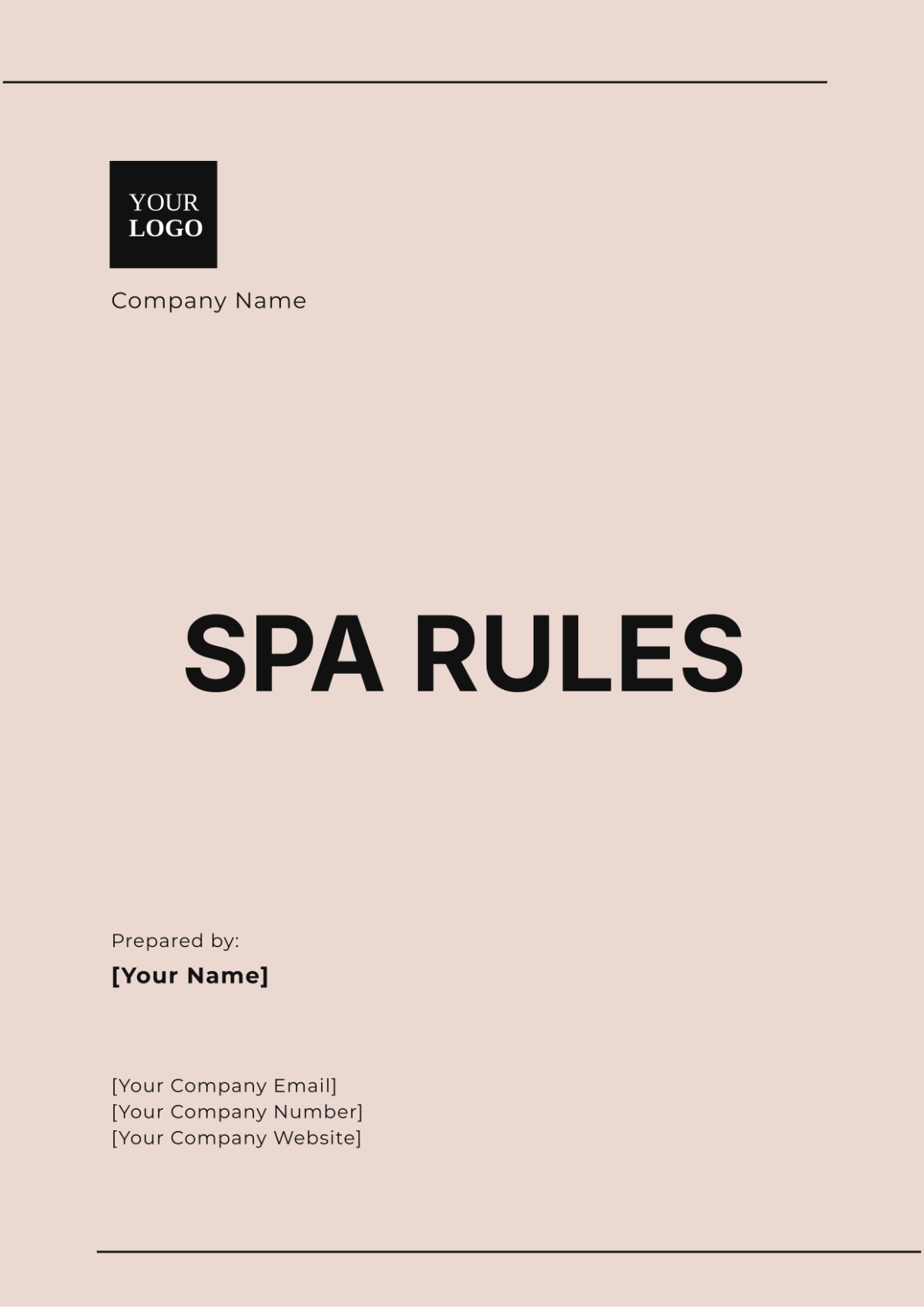Free Faculty Rules Template
Faculty Rules
Prepared by: [Your Name]
I. Introduction
Formal guidelines and regulations for faculty members are essential for maintaining consistency, clarity, and fairness within an educational institution. These rules outline the responsibilities, behavior expectations, and procedural protocols that faculty members must adhere to. They help ensure a productive and respectful academic environment and support the institution’s mission and values.
II. Purpose
Consistency: Ensures uniformity in decision-making and behavior among faculty members.
Clarity: Provides clear expectations and procedures for faculty conduct and responsibilities.
Fairness: Promotes equitable treatment and procedural fairness in academic and administrative matters.
III. Code of Conduct
A. Professional Behavior
Respect and Integrity: Faculty members are expected to demonstrate respect towards colleagues, students, and staff, and uphold academic and professional integrity.
Academic Freedom: While maintaining respect for diverse viewpoints, faculty members should exercise academic freedom responsibly, avoiding any conduct that undermines the institution’s mission or values.
Conflict of Interest: Faculty must avoid situations where personal interests may conflict with their professional responsibilities and disclose any potential conflicts.
B. Ethical Standards
Confidentiality: Faculty members must respect and maintain the confidentiality of student records, institutional matters, and research data.
Honesty and Transparency: All academic work, including grading and research, must be conducted with honesty and transparency, avoiding plagiarism and falsification of data.
IV. Academic Responsibilities
A. Teaching and Instruction
Course Delivery: Faculty are responsible for preparing and delivering course content as outlined in the syllabus, maintaining academic rigor, and fostering an inclusive learning environment.
Grading and Assessment: Faculty must ensure fair and consistent grading practices, provide timely feedback to students, and adhere to institutional policies regarding assessment.
B. Research and Scholarship
Research Integrity: Faculty members are expected to conduct research with the highest level of integrity, adhering to ethical guidelines and institutional policies on research practices.
Publication and Dissemination: Faculty should strive to disseminate research findings through reputable channels and give appropriate credit to collaborators.
V. Administrative Duties
A. Meetings and Committees
Participation: Faculty members are expected to participate in departmental and institutional meetings, committees, and other administrative functions as required.
Reporting: Faculty must provide accurate and timely reports on administrative duties, including committee work and student-related matters.
B. Communication
Responsiveness: Faculty should respond to institutional communications, including emails and official notices, promptly.
Documentation: Proper documentation should be maintained for all administrative and academic activities, including meeting minutes and correspondence.
VI. Professional Development
A. Training and Continuing Education
Mandatory Training: Faculty members are required to complete any mandatory training sessions as prescribed by the institution.
Professional Growth: Faculty are encouraged to pursue professional development opportunities, including conferences, workshops, and further education.
B. Performance Evaluation
Regular Reviews: Faculty performance will be reviewed regularly through formal evaluation processes, including self-assessment, peer reviews, and student evaluations.
Feedback and Improvement: Constructive feedback will be provided to support professional growth, with an emphasis on continuous improvement and adherence to institutional standards.
VII. Disciplinary Actions
A. Grounds for Disciplinary Action
Violations of Conduct: Disciplinary action may be taken for violations of the code of conduct, ethical standards, or institutional policies.
Procedures: The institution will follow established procedures for addressing grievances and disciplinary issues, ensuring due process and fairness.
B. Appeals Process
Right to Appeal: Faculty members have the right to appeal disciplinary decisions through the institution’s established appeals process.
Review: Appeals will be reviewed by a designated committee or authority, ensuring impartiality and adherence to institutional regulations.
VIII. Conclusion
Formal guidelines and regulations are critical for maintaining a structured and equitable academic environment. Adhering to these rules helps ensure that faculty members contribute effectively to the institution’s mission while fostering a positive and respectful academic community.
